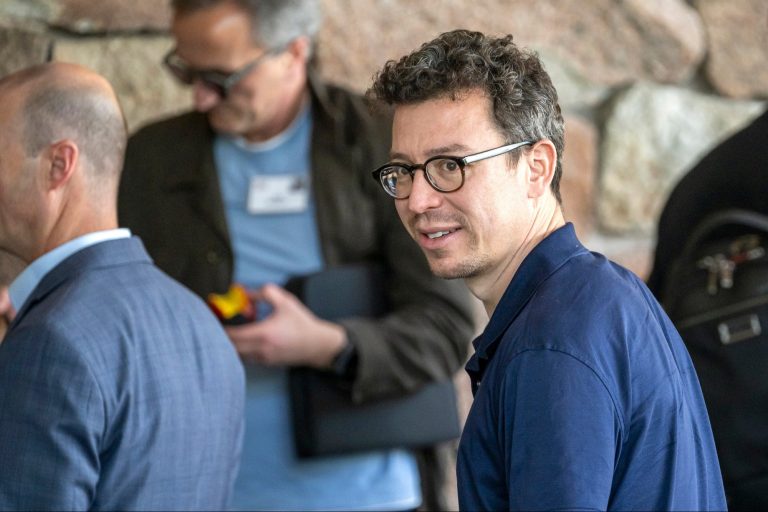Language app Duolingo announced on Wednesday that the company was doubling its language courses offering by adding 148 new ones, all made with generative AI.
In the statement, the company notes that in the past, creating courses on Duolingo could take at least a decade, but through “advances in generative AI” and other technology, they were able to build 148 courses in less than a year.
Related: ‘Make Chess as Accessible as Possible’: Duolingo’s Next Move Is Teaching Users How to Play Chess
“Developing our first 100 courses took about 12 years, and now, in about a year, we’re able to create and launch nearly 150 new courses,” said Luis von Ahn, CEO and co-founder of Duolingo, in a statement. “This is a great example of how generative AI can directly benefit our learners.”
Earlier this week, Duolingo CEO Luis von Ahn wrote a memo to employees detailing the company’s official “AI-first” approach to its business. The language learning platform will reduce reliance on human contract workers as it assigns AI their responsibilities and shift workloads from contractors to AI and “gradually stop using contractors to do work that AI can handle.”
He stated in the email that Duolingo bet big on mobile in 2012, focusing on creating a mobile-first app when mobile apps were primarily companions for full-fledged websites. The move worked out well: Duolingo’s app won the 2013 iPhone App of the Year with 10 million downloads, and grew organically after. Now, Duolingo has over 500 million registered users.
“This launch reflects the incredible impact of our AI and automation investments, which have allowed us to scale at unprecedented speed and quality,” von Ahn said on Wednesday.
Duolingo has eliminated contract workers in favor of AI before. Last year, the company cut 10% of its contractors after reportedly deciding to use AI for translations.
However, von Ahn reassured staff in the email that “Duolingo will remain a company that cares deeply about its employees,” and that being AI-first wasn’t about “replacing” workers with AI but about allowing existing employees to focus on creative work and problem-solving over repetitive tasks. The company said that it would support staff with full-time staff training, mentorship, and AI tools.
Duolingo CEO Luis von Ahn. Photo by Kevin Dietsch/Getty Images
The company will also reward AI use in hiring new employees and in performance reviews of existing employees. Teams will additionally only be permitted to hire new members if the group cannot automate the work.
Duolingo isn’t the first company to recently announce an AI-first strategy. Earlier this month, Shopify CEO Tobias Lutke told all employees in a memo that “using AI effectively is now a fundamental expectation of everyone at Shopify.” Lutke told Shopify staff that they should maximize what they could do with AI before asking for more resources or additional human employees.
Related: ‘Get 100X the Work Done’: Shopify CEO Tells Employees to Try AI to Get Work Done Before Asking for More Human Workers
He also said that Shopify would add AI use questions to its performance and peer reviews.
Duolingo had a market capitalization of over $17 billion at the time of writing.
The new course launch enables the seven most popular non-English languages on Duolingo (Spanish, French, German, Italian, Japanese, Korean, and Mandarin), available to all 28 supported user interface languages, the statement said.
Read the full article here






